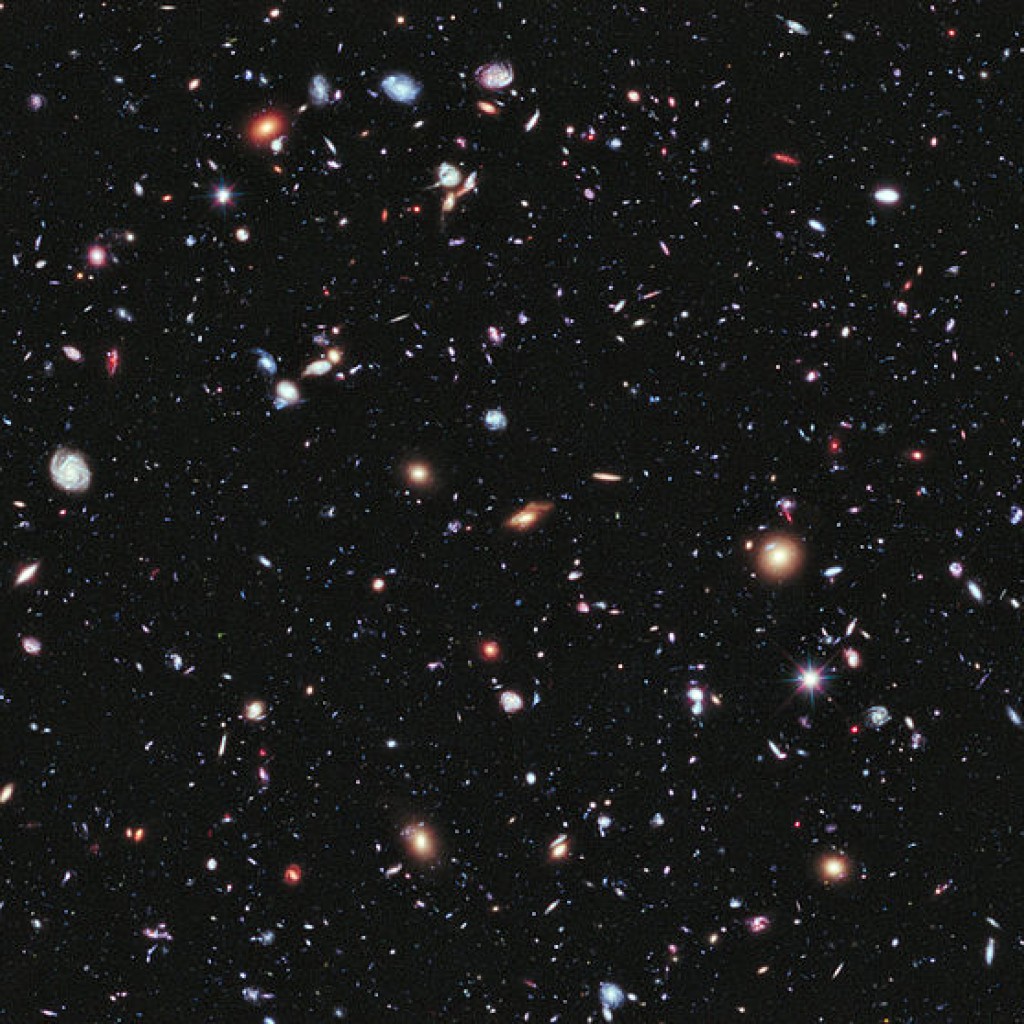 A team of physicists from Harvard and Princeton universities recently ignited a controversy among the scientific community by pointing out apparent weaknesses in a key element of the Big Bang theory.
A team of physicists from Harvard and Princeton universities recently ignited a controversy among the scientific community by pointing out apparent weaknesses in a key element of the Big Bang theory.
Physicists Anna Ijjas, Paul Steinhardt, and Abraham Loeb wrote a critique of the standard model of the universe’s beginnings in an edition of the Scientific American earlier this year. Recent scientific measurements, they wrote, have “cast doubt” on a key element of the Big Bang theory and “exacerbated long-standing foundational problems with the theory.”
The key element of the Big Bang theory that the physicists call into question is the theory of “cosmic inflation.” Cosmic inflation is the widely-accepted idea that, immediately following the Big Bang, the universe grew exponentially, expanding in size much faster than it is today.
In their paper, however, Ijjas, Steinhardt, and Loeb cited several pieces of evidence that they believe undermine cosmic inflation, later writing, “the prospect that inflation did not occur deserves serious consideration.”
“Yet even now the cosmology community has not taken a cold, honest look at the big bang inflationary theory or paid significant attention to critics who question whether inflation happened,” they asserted. “Rather cosmologists appear to accept at face value the proponents’ assertion that we must believe the inflationary theory because it offers the only simple explanation of the observed features of the universe.”
Not only have recent astronomical observations “shaken the foundations” of the Big Bang theory, but the theory of inflation has “theoretical problems” as well, the physicists wrote. Thus, they reasoned, “The prospect that inflation did not occur deserves serious consideration.”
The physicists’ paper elicited a response from a group of 33 physicists, including Stephen Hawking and Lawrence Krauss. Even though they conceded that “no one claims that inflation has become certain,” they noted that they “disagree with a number of statements” in the original Scientific American article.
“By claiming that inflationary cosmology lies outside the scientific method, IS&L are dismissing the research of not only all the authors of this letter but also that of a substantial contingent of the scientific community,” the physicists wrote. “Moreover, as the work of several major, international collaborations has made clear, inflation is not only testable, but it has been subjected to a significant number of tests and so far has passed every one.”
“Inflationary models, like all scientific theories, rest on a set of assumptions, and to understand those assumptions we might need to appeal to some deeper theory. This, however, does not undermine the success of inflationary models,” they asserted. “The fact that our knowledge of the universe is still incomplete is absolutely no reason to ignore the impressive empirical success of the standard inflationary models.”
However, Ijjas, Steinhardt, and Loeb did not back down, remarking in an online blog post that they are “disappointed” by the response from the physicists.
“We firmly believe that in a healthy scientific community, respectful disagreement is possible and hence reject the suggestion that, by pointing out problems, we are discarding the work of all of those who developed the theory of inflation and enabled precise measurements of the universe,” they wrote.
“Unlike the Standard Model, even after fixing all the parameters, any inflationary model gives an infinite diversity of outcomes with none preferred over any other. This makes inflation immune from any observational test,” the physicists noted. “We advocated against invoking authority and for open recognition of the shortcomings of current concepts, a reinvigorated effort to resolve these problems and an open-minded exploration of diverse ideas that avoid them altogether. We stand by these principles.”
Weighing in on the cosmic controversy, Jake Hebert, a physicist with the Institute for Creation Research, said that the Big Bang theory is “riddled with serious scientific difficulties, some of which have been highlighted by this recent spat among leading theorists.” Not only that, but the theory “flatly contradicts Scripture,” he stated.
“Many Christians are tempted to accept that the Big Bang was the means God used to create the universe,” he wrote in a blog post. “But … where would it leave Christians if secular scientists should ultimately abandon the Big Bang? Christians should resist the temptation to accommodate Genesis to the fallible, ever-changing ideas of secular scientists.”
Become a Christian News Network Supporter...


